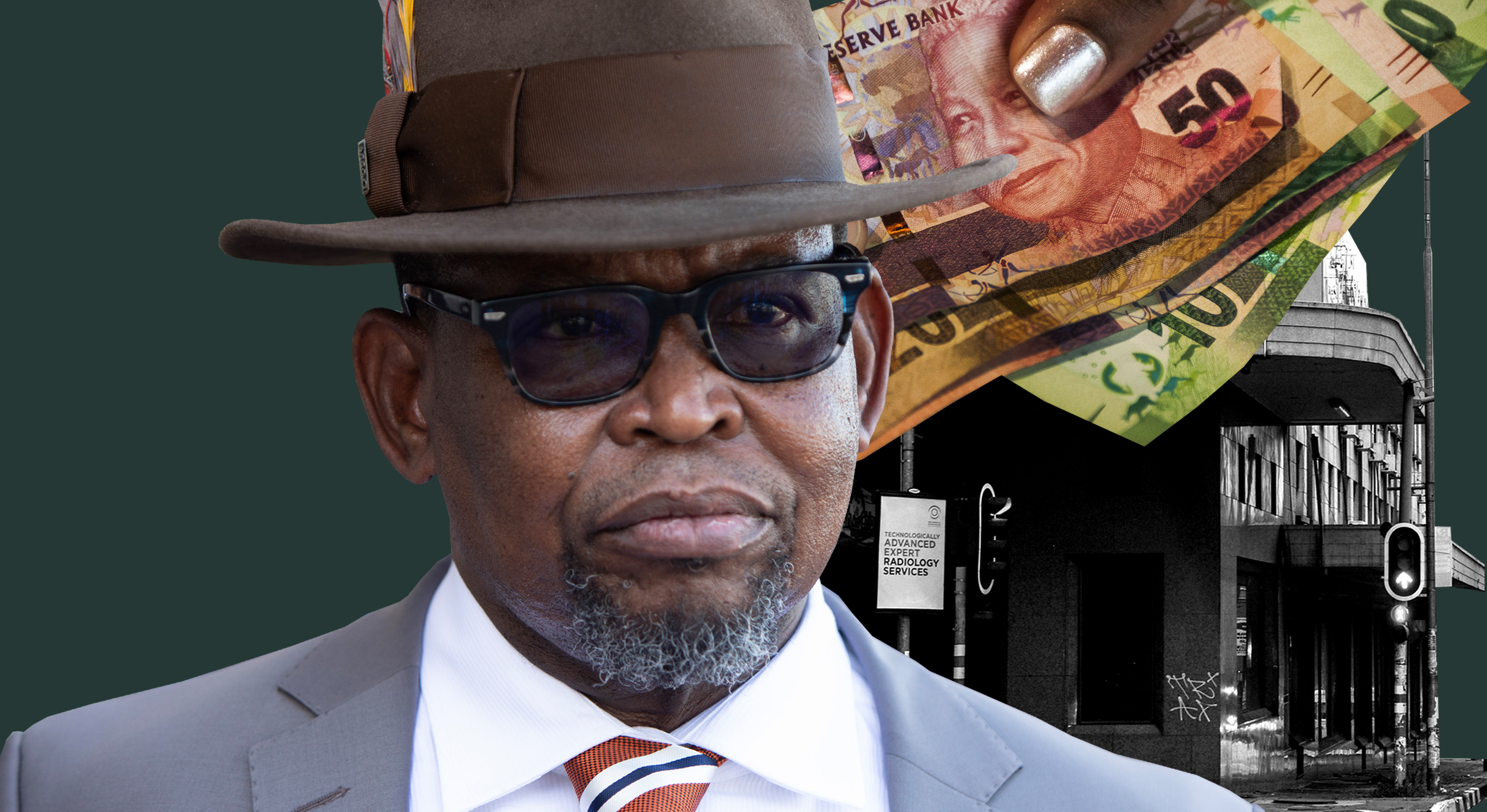While the parties in our national coalition are now going to argue about how to fix the revenue shortfalls in the Budget, it is possible that more voices will call for the resignation of Finance Minister Enoch Godongwana. While some may blame him for this situation, the politics of this issue may make it impossible for him to leave, or to be replaced. And, if someone were to replace him, they would face exactly the same set of circumstances.
The Budget crisis facing the coalition is almost tailor-made to ascribe blame to Godongwana. Cabinet ministers from all parties would not have been aware of the proposal to raise VAT by two percentage points until about two hours before he was due to make the speech.
The DA, and Cosatu, and others had already said increasing VAT would be unacceptable. It was obvious that it would be hugely unpopular. And yet, the argument would go, Godongwana pressed on, consulting virtually no one outside the National Treasury before making his announcement.
As a result, he must now carry the can and resign.
Added to this is his public profile, and the perception that he does not represent a large constituency in the ANC. And crucially, there is little evidence that President Cyril Ramaphosa is backing him in this situation.
Also, it has been claimed in some circles that he no longer has the appetite to retain his position, and in fact may even have previously asked to be released by the president.
Ill feeling
To add to the pressure, in an environment where everyone in the finance cluster is expected to be on the same page, reports of ill feeling between him and South African Revenue Service (SARS) Commissioner Edward Kieswetter may make his position even harder.
However, calls for him to go would simply obscure certain other issues.
Firstly, he would not be the first finance minister to end up hating the job. When Tito Mboweni left the Cabinet, Ramaphosa said publicly that he had asked to be released from it.
Nhlanhla Nene stepped down after a brief second stint in the position, saying he had a moral obligation to do so because he had lied about a brief meeting with the Guptas. One wonders if he was perhaps looking for an opportunity to get out of a job he knew to be a poisoned chalice.
Now, in a coalition, this job can only be harder. At the same time, it is easy to forget what an able politician Godongwana has been for many years.
During the Zuma era he was the chairperson of the ANC’s Subcommittee on Economic Transformation. All the hot-button issues, from mine nationalisation to expropriation without compensation, came before this committee.
And despite what must have been the most intense political pressure, Godongwana was able to act as a handbrake on proposals that could have severely damaged our economy.
Also, in an era marked by the refusal of politicians to resign when claims against them were made, Godongwana was perhaps the only person to show he was different.
No criminal findings made against him
In 2012 he resigned as deputy minister of the then Department of Trade and Industry after claims were made that he was involved in a company that defrauded union members. Eventually, no criminal findings were made against him.
These may have been among the reasons Ramaphosa appointed him to the position of finance minister in the first place.
Very few people have the track record and the ability to manage different tensions that Godgonwana has. To put it another way, who else has such a track record, and the ability to manage tensions like this? This then leads to questions about who could take over if he were to resign.
Firstly, it is obvious this person would have to come from the ANC.
The ANC simply cannot give that position up, and as the biggest party in the government has a legitimate mandate to ensure that it controls this position.
But it is not clear who this person would be. Currently there are two deputy ministers of Finance, David Masondo and Ashor Sarupen.
Sarupen is from the DA, and thus can be ruled out.
Masondo is originally from the SACP. And while at least one previous finance minister (Pravin Gordhan) has also come from its ranks, this may pose a difficult question in alliance politics.
Certainly Masondo has not appeared to publicly criticise current financial policy while in his position. But he may find it uncomfortable to be finance minister while also in the middle of what is now a very complicated political situation in the alliance.
The SACP has said it will contest against the ANC in the local elections, and while this has not prevented him and Blade Nzimande from taking part in the government, the position of finance minister may be seen as too important to give to someone from that party during this time.
Few other obvious candidates
There are very few other obvious candidates.
That said, current Transport Minister Barbara Creecy does have some experience, having previously been the Finance MEC in Gauteng.
However, her identity may work against her, particularly as minority groups occupied this position for such a long period in the past (Trevor Manuel and Pravin Gordhan occupied the post until Nene’s first appointment in 2014).
At the same time, having to fill a position so close to the ANC’s leadership race (due in December 2027) may lead to a huge political fight in the party about who it might be.
Ramaphosa would surely want to avoid a situation where different groups attempt to use this as a proxy battle to test their strength before that conference.
It is clear that the postponement of the Budget last week was a serious shock to our political system; there are many consequences that are still to flow from it.
But there is one consolation.
Malusi Gigaba is unlikely to ever become finance minister again. DM





